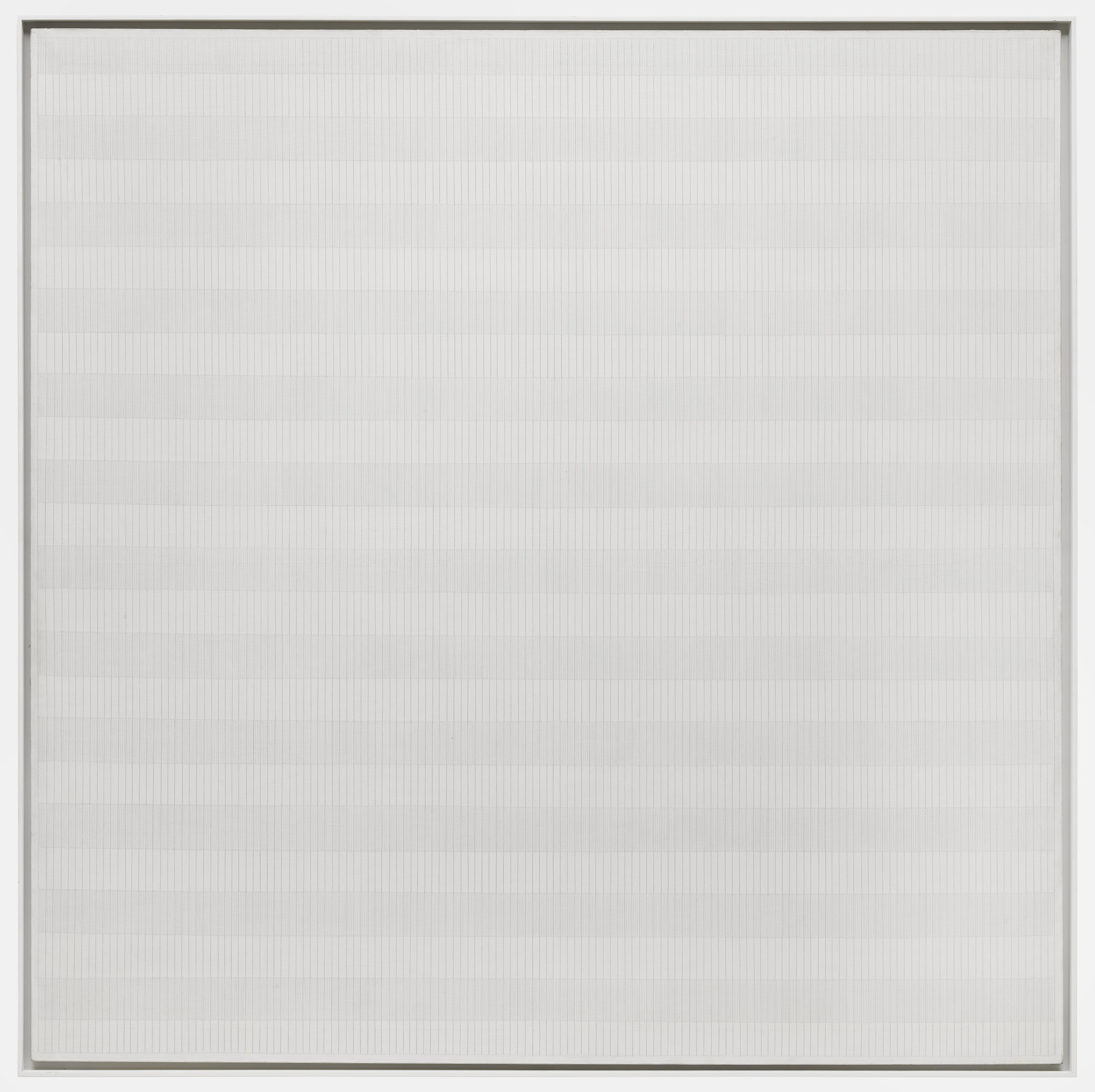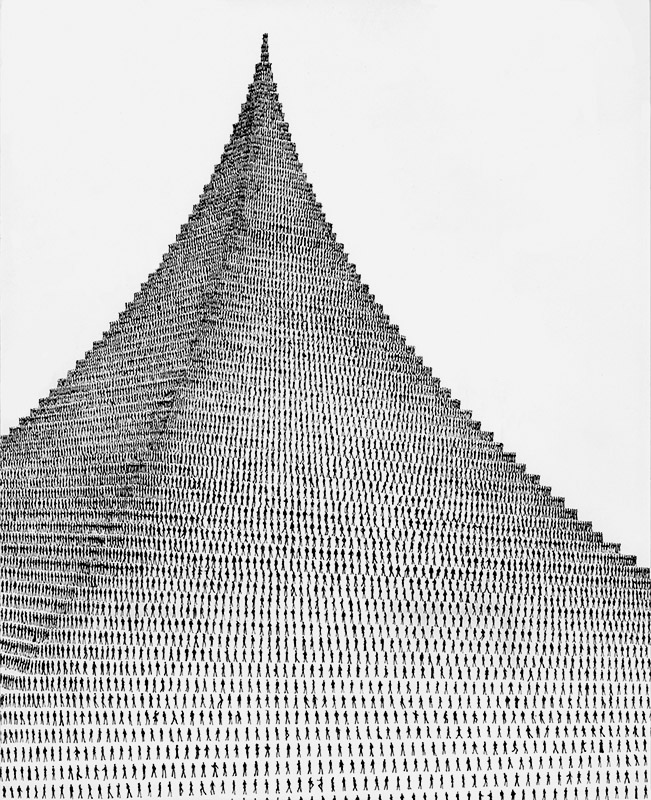
Adrianna Ault, from The Impeded Stream
“...a meditation on rural land and how it sustains us and maybe, also, family and how we're sustained by those who came before us. I didn't come by this understanding until I made the work. My work is my teacher. I listen what it tells me to do and, in this way, I learn from it.”
More
More
The Frailest Stems
The underside of the leaf
Cool in shadow
Sublimely unemphatic
Smiling of innocence
The frailest stems
Quivering in light
Bend and break
In silence
from Writings
Cool in shadow
Sublimely unemphatic
Smiling of innocence
The frailest stems
Quivering in light
Bend and break
In silence
from Writings

Agnes Martin, The Tree, 1964
Forces of Expression at the Frick
“I thought that I liked the Turners because they opened out onto the world rather than closing me in with the pantheon, but it was the wrong world. Turner’s glowing shores were proxies for what I longed to see: a different heat and haze, a native landscape, some record of the places that made this mansion possible. The Collection, perhaps by no fault of its own, makes apparent our ignorance of all the processes that precede it, coal into coke into steel into canvas. I would have preferred two large paintings that opened out onto that, the furnace of an older history that we have so few windows into, that barely even haunts us, that we allow the barons to replace with idylls and seascapes, a fictional European scrim over the fearsome topography of the country.”
Ben Tapeworm on the reopening of the Frick Collection.
Ben Tapeworm on the reopening of the Frick Collection.

Walking, Standing
Einer geht
einer steht
wer hat mehr vecht
auf den Weg
One is walking
one is standing
who is more entitled
to the path
Josef Albers, Poems & Drawings
einer steht
wer hat mehr vecht
auf den Weg
One is walking
one is standing
who is more entitled
to the path
Josef Albers, Poems & Drawings

A Cold Fact
Wouldn't it be a shame if mankind were beginning to understand its own mind and the nature of consciousness just as it was losing its humanity? If it became so mechanized that discovering what it is that makes it human were to become just another equation, a cold fact that no longer had any value except its utility in making a better machine?
Agnes Denes, The Book of Dust
Agnes Denes, The Book of Dust
 Pascal's Perfect Probability Pyramid & The People Paradox - The Predicament (PPPPPPP): Agnes Denes, 1980
Pascal's Perfect Probability Pyramid & The People Paradox - The Predicament (PPPPPPP): Agnes Denes, 1980